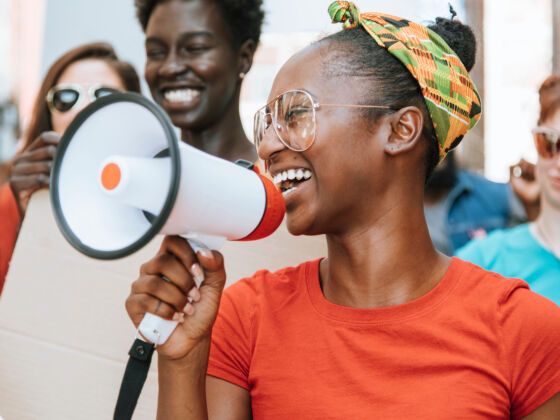I am lucky enough to have gone to university with someone who channels his hyperactive nature into a consistent and wide-reaching campaign for good. Dan Glass’s contagious spirit has always encouraged me to do more, but I’ve never felt judged for not doing enough.
From dancing on runways to supergluing himself to the ex-British prime minister, he has always been drawn to using creativity and a deep sense of pride in humanity to further causes he believes in.
